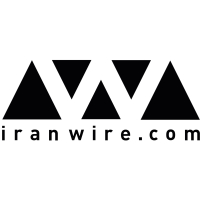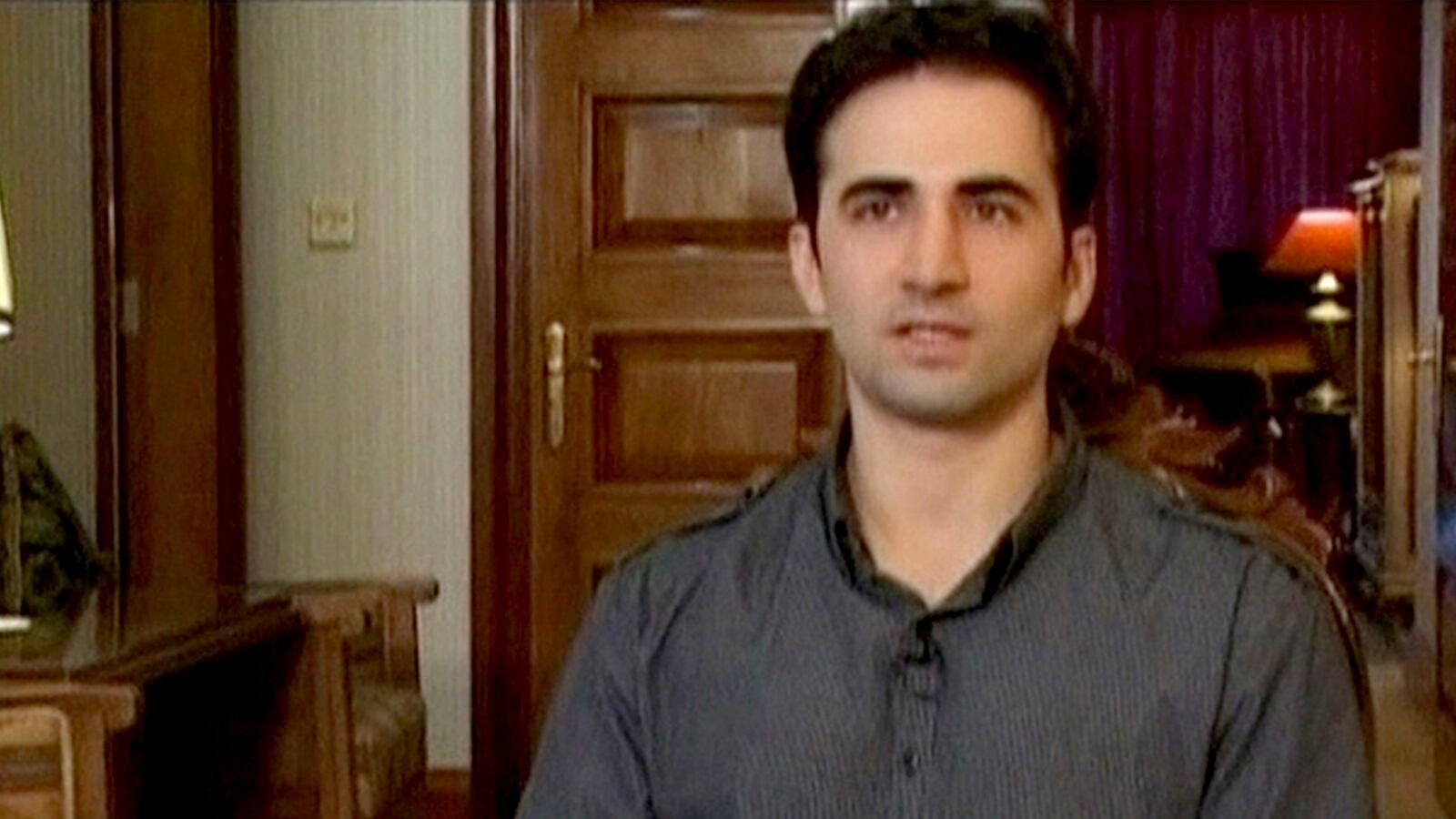The distinction between prisoners and hostages is disturbingly, dangerously vague when the United States deals with what used to be called “rogue regimes.” We saw that earlier this week when Alan Goss, held for five years in Cuban jails on trumped up charges, finally was released as part of a grand bargain that included spy swaps and dramatic moves toward normalization of relations between Washington and Havana.
Amir Hekmati, 31, an American citizen and former United States Marine locked away in a prison in Iran for more than three years, fears that he is in a similar position. In 2011, he was arrested while visiting his grandmother in Iran, charged with espionage, and sentenced to death. Then the sentence was overturned and he was sentenced to ten years in prison on the vague charge of “cooperating with a hostile government.” Faced with such false accusations and harsh sentences, he feels he is a pawn to be traded away, or not, in far-reaching nuclear negotiations between Tehran and the West that have nothing directly to do with him. His prison guards and interrogators have told him as much. When those negotiations stalled last month, and final talks were put off until the middle of the summer, Hekmati despaired, according to his sister.
This week, Hekmati began a hunger strike. His family posted his open letter to President Barack Obama on Facebook: “I ask that you not forget me, Mr. President. … I ask that you make it clear that my case is unrelated and should be resolved independent of your [nuclear] talks.”
Now Hekmati has written another letter to the head of Iran’s judiciary and to the minister of intelligence, published exclusively by IranWire, a partner of The Daily Beast:
His Excellency Sadegh Ardeshir Amoli Larijani, Head of Judiciary, Islamic Republic of Iran
His Excellency Mahmoud Alavi, Minister of Intelligence, Islamic Republic of Iran
Your Excellencies,
I am an Iranian American. I love the country where my parents come from, Iran, as much as much I love the United States, the country where I grew up. That is why I visited my relatives in Iran in 2011, when I was unjustly arrested and charged with espionage. I was convicted a year later and sentenced to death—a charge later overturned by the Supreme Court when it called for a retrial. But I remain in prison on these baseless allegations while waiting for the chance to prove my innocence.
I have now decided to go on hunger strike to protest at this injustice. I have been told that, if I continue with this protest, I will be placed in solitary confinement. But I am deeply concerned with the lack of progress in my case and feel that I must take some action.
I believe that my case is being interfered with by unknown elements inside Iran. The prison authorities have repeatedly told me that the outcome, which remains unresolved after more than three years, is delayed because of the ongoing negotiations between Iran and the United States regarding Iran’s nuclear program.
I have no connection to these negotiations—nor do I have any influence or leverage over any final deal between Iran and the United States. Binding the resolution of my case to progress in the nuclear negotiations is profoundly unjust. I want to bring this to your kind attention with the hope that you will help me secure an unbiased resolution. I also want to alert you to the broader circumstances of my incarceration.
Three months ago, after a raid by prison officers, I was moved from Ward 350 of Evin Prison to a new ward with poor hygienic conditions. We have no heating; there is no gas and it is very cold inside the prison. I am always sick because of the cold and I have suffered constant lung infections over the past several months. The prison’s meager food budget only allows us rice and lentils—a diet which does not let the body heal under these conditions. We also experience frequent electricity blackouts.
My fellow prisoners have ticks and lice. Many of them are convicted drug dealers and other hardened criminals. There is no reason to place me with such convicts.
I am sure that you must be unaware of this treatment as it violates Iranian law. I bring this situation to your attention—a situation that goes against Iranian laws and values—so that you can help bring it to an end.
My family circumstances make all this even more unbearable. My father has suffered two strokes and endured brain cancer since I was arrested and imprisoned. I ask you now for your understanding and compassion: My father needs me at this most difficult time. He is holding on to life with the hope that he will again be allowed to see his son.
Waiting more than three years for a resolution is far too long. Please, Your Excellencies, consider my case with justice and intervene on my behalf.
Kind regards,
Amir Hekmati






